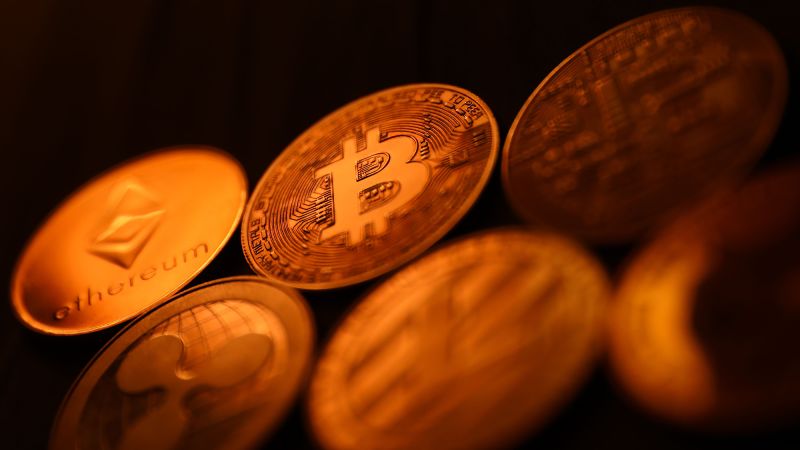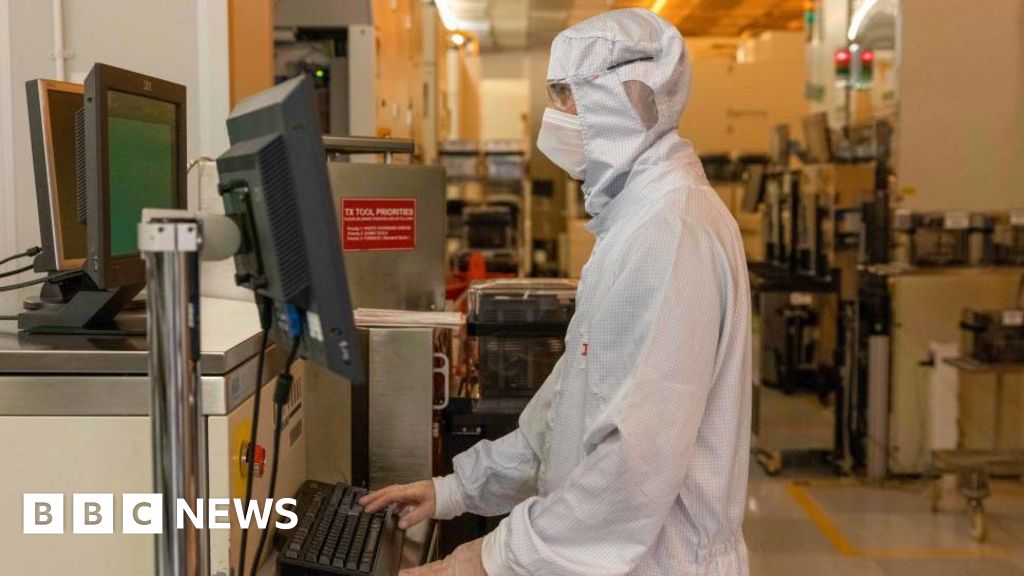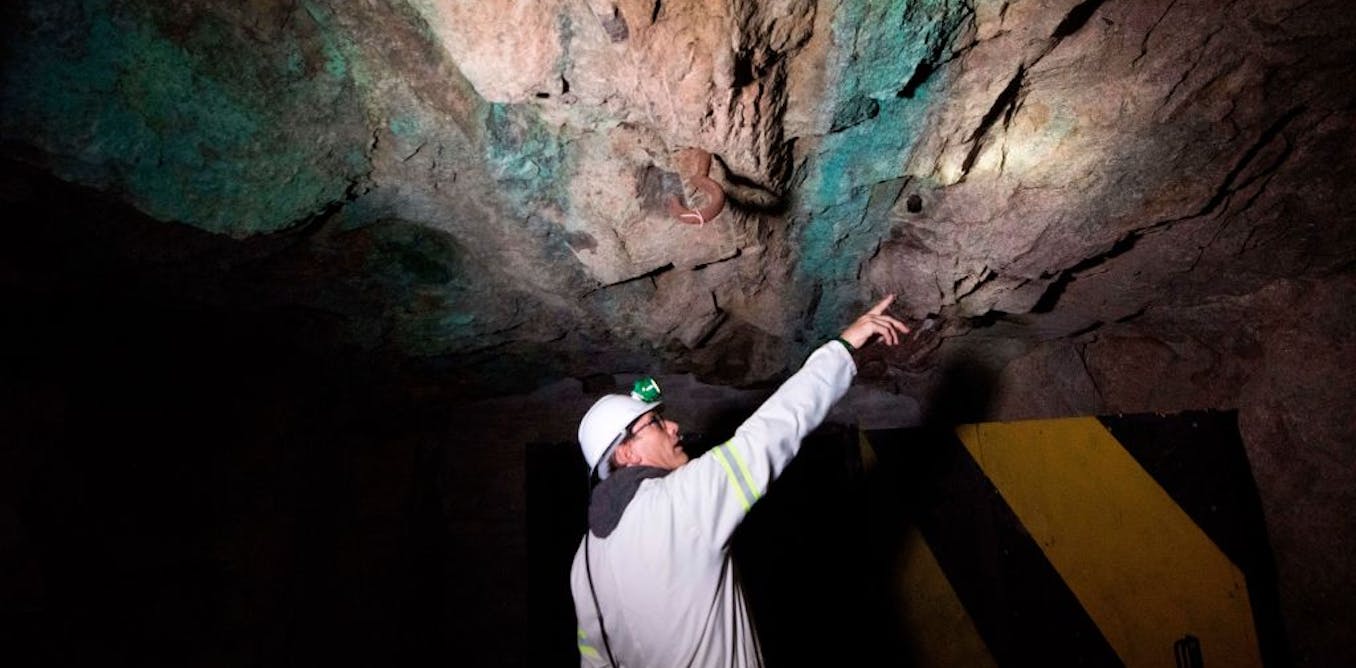Shocking Data Breach: 5.7 Million Qantas Customers Exposed in Massive Cyberattack!

Imagine waking up to find your personal information shared with the world—this nightmare became reality for 5.7 million Qantas Airlines customers after a cyberattack released sensitive data just days ago.
On October 13, news broke that a hacking collective known as Scattered Lapsus$ Hunters had leaked the stolen data from Qantas, alongside information from over 40 other companies globally. This staggering breach is a chilling reminder of how vulnerable our personal information can be in the digital age.
The hackers struck in July, targeting a call center that relied on a third-party customer service platform. The compromised data included customer names, email addresses, and frequent-flyer numbers. But it didn’t stop there—some customers also had their home and business addresses, birth dates, phone numbers, gender, and even meal preferences exposed.
In response to the breach, Qantas has been proactive, reaching out to affected individuals to detail what specific information was released. They are working closely with Australian security agencies and have even obtained a court injunction aimed at preventing the data from being used or published. However, cyber experts like Troy Hunt have pointed out the futility of such injunctions, labeling them as essentially 'useless.' After all, asking criminals to refrain from sharing stolen data is akin to asking a cat not to chase a mouse.
The Australian government has issued a warning to customers: remain vigilant against unsolicited calls or emails claiming to be from Qantas. Cybersecurity Minister Tony Burke emphasizes the need for caution—if an unexpected call comes in, hang up and call the company back directly using their official contact channels. Additionally, ensure that any emails from the airline come from the official domains ending in .com or .com.au; anything else is likely a scam.
This incident serves as a wake-up call for all of us. In an increasingly connected world, safeguarding our data has never been more critical, and it’s a stark reminder that no one is truly safe from cyber threats.

























